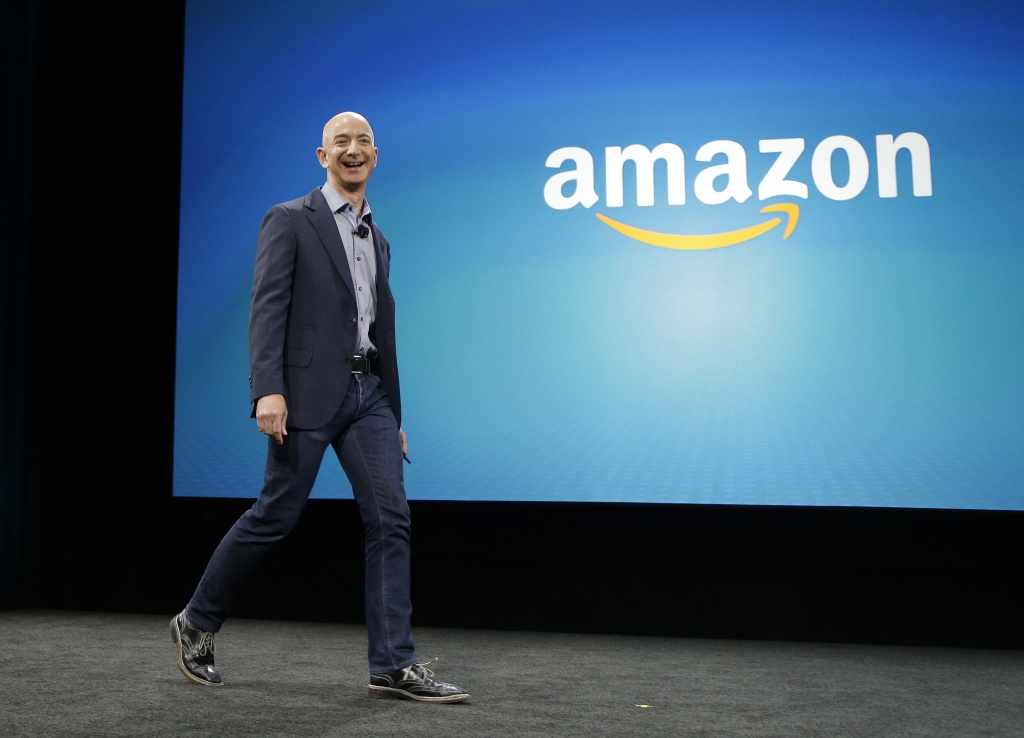By Alyssa Sanford
Correspondent
Suzanne Collins. Malcolm Gladwell. James Patterson.
These are just a sampling of the hundreds of names that appeared on a Sept. 19 letter from Authors United to Amazon’s 10 board executives. And despite the fact that Authors United initially described itself as an impartial coalition fighting for settlement between Hachette Book Group and Amazon, the aforementioned authors are at their limit.

They’re angry, and they’re ready to take legal action against the e-commerce giant for good reason.
Authors United, a worldwide coalition of over 900 writers, both obscure and famous, is taking their grievances with Amazon to the Department of Justice. They claim that Amazon is practicing “illegal monopoly tactics” and that the company needs to be investigated.
The dispute over e-book pricing between Amazon and traditional publishing houses, such as the French company Hachette Book Group, has been going on for several years, but tensions abruptly rose in early 2014. Amazon wanted to set uniform pricing for e-books, while traditional publishers wanted to dictate their own prices. Hachette found Amazon’s $9.99 price tag to be unpalatable. As a result, negotiations broke down.
On May 9, Hachette confirmed that Amazon was delaying shipments of their books. The online retailer slowly and steadily pushed Hachette books out of stock and acknowledged later in the month that they were “not optimistic” the problem would be solved in a timely manner, according to Publishers Weekly.
The New York Times reported on Monday, Sept. 29, that Authors United, previously unwilling to take sides in the Amazon-Hachette dispute, sent a form letter to the top board execs at Amazon, including CEO and chairman Jeff Bezos, pleading with Amazon to reconsider its harmful business tactics.
“These sanctions have driven down Hachette authors’ sales at Amazon.com by at least 50 percent and, in some cases, as much as 90 percent,” Authors United wrote in a letter that can be located on its website. “Several thousand Hachette authors have watched their readership decline, or, in the case of new authors, have seen their books sink out of sight without finding an adequate readership.”
It is becoming increasingly difficult for authors to stay out of the fray. Hachette authors or otherwise, authors like John Green and J.K. Rowling have subtly condemned Amazon for “(bullying) publishers into eventual nonexistence.”
The Times also reported on the same day that Authors United filed a suit with the Department of Justice against Amazon and its “illegal” business tactics, signaling a shift in the tense dynamic between authors and the online publisher/distributor.
As valuable as Amazon is in providing consumers with products at the click of a mouse, and at competitive low prices to boot, this recent development is troubling. Bezos’s company could force small-scale authors out of print and could bring the already-struggling print industry to its knees in a shorter time frame than previously expected.
I want to see Authors United follow through with their suit. There are antitrust laws in place that protect companies in our free-market economy, and Amazon is violating those laws. Obviously, the Federal Trade Commission allows for competition between two corporations, but Amazon is deliberately cutting consumers off from Hachette products.
That’s not competition — that’s monopolization. And that’s illegal under the Sherman Act of 1890, according to the FTC.
If Authors United manages to bring suit against Amazon, it could mean a revitalization of the publishing industry. Consumers should have the right to decide whether or not they’re willing to spend more money on a product — corporations shouldn’t get to decide for them.






